Description
Abstract
This project work is on Principles and practices of personal income tax in Nigeria – a study of Kano state board of internal revenue. Personal income tax is a device through which the government generates funds for development. However, because of the disparity between expected results based on the conceptual belief about personal income tax and the actual result achieved. It is, therefore, the aim of this research work to examine the principle and practice of personal income tax. Specific objectives include examining the non-compliance to the payment of personal income tax and to identify challenges associated with assessing and collecting of this form of tax in Kano State. Data were collected using the primary source, questionnaire was administered to 50 respondents (comprising of 20 civil servants, 10 self-employed individuals, 10 private sector employees and 10 tax officials) in Kano state which were randomly selected. The data collected were presented using table while the percentage was used in analyzing the data. It was found out from the data analysis that Kano State Board of Internal Revenue complies with an acceptable standard of collecting personal income tax hence, the first null hypothesis (HO1) was rejected. The finding also revealed that taxpayers in Kano state do not comply with personal income tax payments as the find null hypothesis (HO¬¬2). Finally, the research work reveals that the Kano State Board of Internal Revenue does face challenges in the collection of this form of tax as the null hypothesis three (HO¬3) was also rejected. It was recommended among other things that government should enlighten and educate the public on the payment of taxes, taxpayers should be encouraged to keep proper records of their account to ease filling of return, the board should be equipped with means of transportation to enhance its efficiency and finally, the government should ensure adequate utilization of tax revenue on the public.

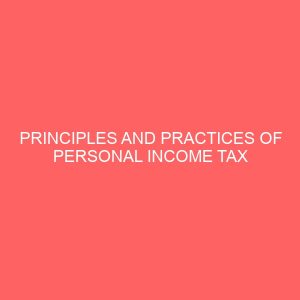
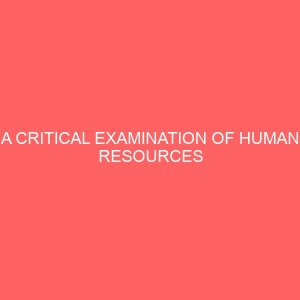
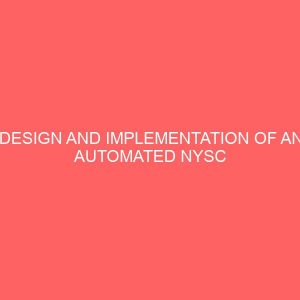

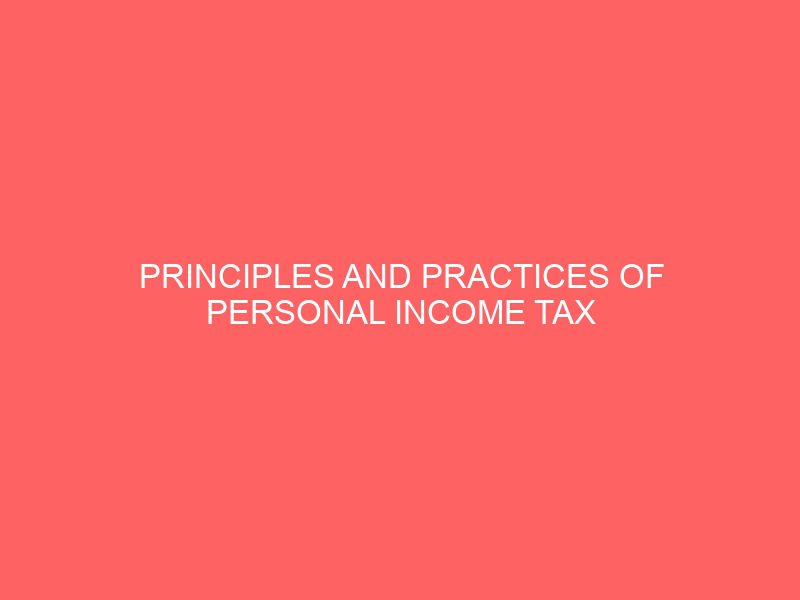

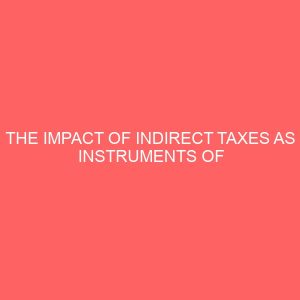
Reviews
There are no reviews yet.